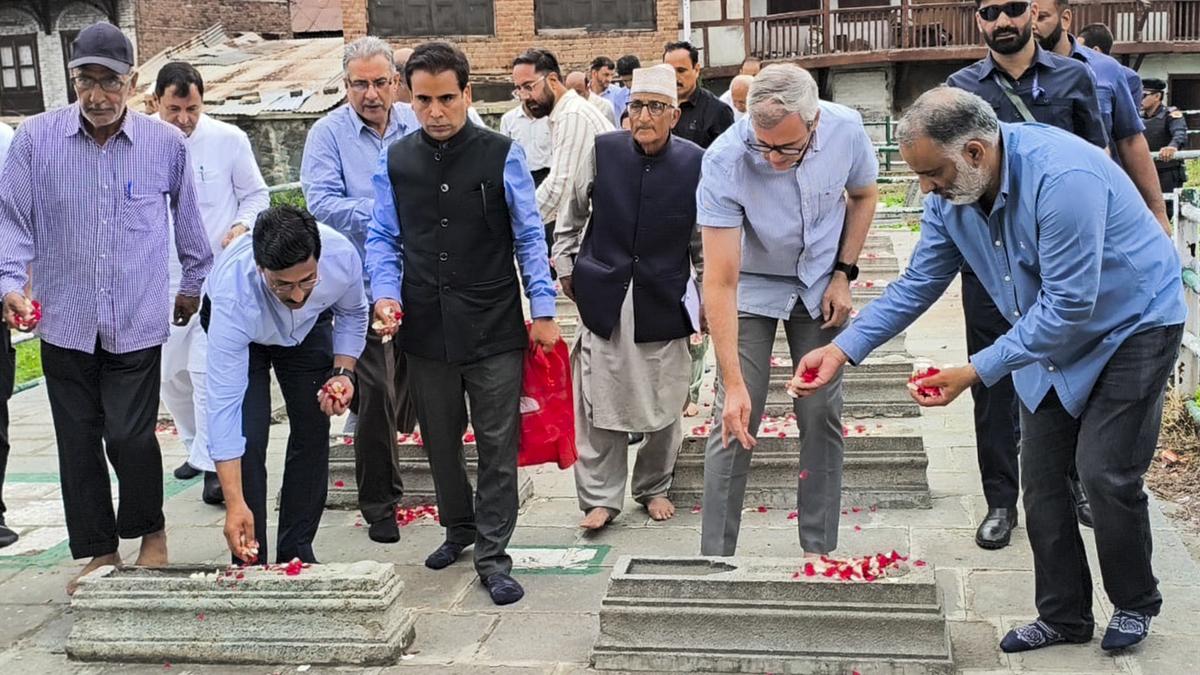Now Reading: Expert Highlights Life-Saving Tech in Healthcare Discussion
-
01
Expert Highlights Life-Saving Tech in Healthcare Discussion
Expert Highlights Life-Saving Tech in Healthcare Discussion

Swift Summary
- Dr. Suneel Pooboni, a pediatric care consultant from Dubai, raised awareness about ECMO (Extra Corporeal Membrane Oxygenation) technology in a virtual meeting organized by Dr. NTR University of Health Sciences (NTRUHS), India.
- He delivered a lecture titled “The way forward in critical care journey: Is ECMO possible in our set up?” highlighting its applications for severe lung or heart conditions when conventional treatments fail.
- ECMO supports bodily functions temporarily until the lungs or heart recover and is widely used in Western countries; some corporate hospitals in India are starting to adopt it.
- Dr. Pooboni emphasized the importance of adequate facilities, training for healthcare professionals, and managing potential complications during treatment (e.g.,infections).
- Survival rates using ECMO were discussed: ~60% survival for respiratory issues without infection and ~50% survival for cardiac problems if no infections develop during treatment.
- The session was attended by principals, superintendents, and students from medical colleges across the State.
Indian Opinion Analysis
The introduction of Extra Corporeal Membrane Oxygenation (ECMO) technology marks an important step toward advancing critical care capabilities within IndiaS healthcare system. Given its established efficacy abroad and selective adoption domestically by corporate hospitals, expanding its usage through government institutions could substantially impact patient outcomes for severe lung and heart conditions.
However, triumphant implementation hinges on overcoming challenges such as infrastructure requirements, rigorous training programs for healthcare staff to minimize risks like infections during treatment procedures-a key determinant of success highlighted by Dr. Pooboni. while initial adoption might potentially be resource-intensive due to high costs and technical demands associated with ECMO setups, long-term investments can enhance national health capacity.
This discussion prompts careful consideration around scalability within both public health institutions and private sectors across India-a move requiring policy alignment alongside technical readiness in hospital systems.






















